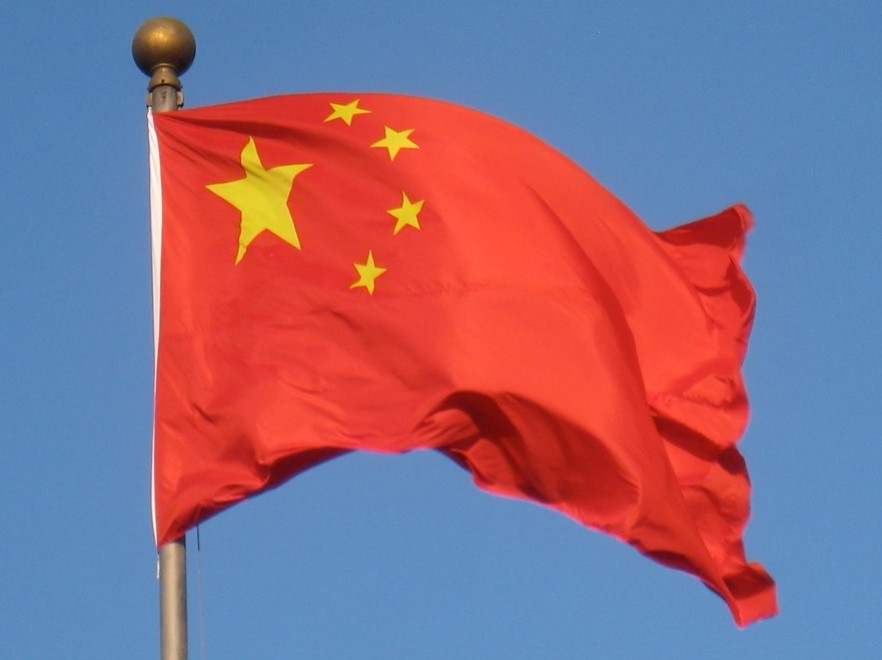Chinese polysilicon manufacturer Daqo New Energy has published unaudited second-quarter figures covered in red ink as production and sales volumes, average selling prices, revenue and gross profits all fell from the first three months of the year and production costs and net losses rose.
In a sign of the bullish nature of the Chinese solar manufacturing sector at present, however, chief executive Longgen Zhang still felt able to open his remarks by stating: “We are pleased to report a solid quarter”!
That optimism is born out of the widespread belief China is about to experience an explosion in pent-up PV demand following months of uncertainty as Beijing finalized its new solar regime.
Zhang said: “Output of mono-grade polysilicon still lags behind market demand and new capacities of mono wafer are still growing”. Against that backdrop, Daqo is among the solar manufacturers racing to expand output in time for a rebound in Chinese PV that is expected to see the 11.4 GW of solar generation capacity installed in China in the first six months of the year become 40-45 GW by year end.
Reasons to be cheerful
The Daqo chief executive was able to put a positive spin on apparently discouraging first-quarter comparisons by pointing out production and sales volumes and production costs in the latest three-month period were adversely affected by two strategic decisions. Firstly, the company completed a de-bottlenecking operation that will now lead to greater volumes of high-efficiency mono wafer polysilicon output and secondly, Daqo brought forward annual maintenance which was planned for its critical Xinjiang facility in the current quarter.
The thinking behind the latter move was that the solar gold rush anticipated in China is expected to start next month. Daqo said the de-bottlenecking operation increased its annual polysilicon production capacity to 35,000 MT and enabled it to stay on track with plans to double that volume by the second quarter of next year.
By raising its output of poly for use in high efficiency mono wafers to 80% – and a planned 85% in this quarter and 90% by June – Daqo hopes to ride the wave as polysilicon prices rebound from a period described as “a challenging time for [the] polysilicon industry” in the last quarter “as prices dropped to their lowest levels in history”.
Quality will pay
Although the average selling price of Daqo polysilicon dipped from $9.55/kg in the opening three months to €9.10 in Q2, the company expects the majority of “marginal high-cost players” will benefit from a cash-cost break-even price of around $10.50 to $11/kg in the near future. The company added it expects 40% of its mono-grade polysilicon output to concern ultra high purity product for n-type mono wafer production by the time it completes its expansion plans next year.
In terms of the raw numbers, Daqo produced 7,151 MT in the second quarter, down from 8,764 MT in the previous three months, but it expects that figure to rise to 9,200-9,500 MT in the current window – at a production cost of around $7.50/kg – and 37,000-40,000 MT for the full year.
Sales volume was down from 8,450 MT in the first quarter to 7,130 MT as revenue retreated to $66 million from $81.2 million at the start of the year. Gross profits fell from $18.3 million to $8.6 million on the same comparison for a net second-quarter loss of $2.7 million after the $5.9 million profit posted in Q1 and the $10.9 million banked in the second quarter of 2018.
If Daqo has got its house in order in time for the anticipated order deluge in China, however, maybe it was a pretty solid quarter after all.
This content is protected by copyright and may not be reused. If you want to cooperate with us and would like to reuse some of our content, please contact: editors@pv-magazine.com.




1 comment
By submitting this form you agree to pv magazine using your data for the purposes of publishing your comment.
Your personal data will only be disclosed or otherwise transmitted to third parties for the purposes of spam filtering or if this is necessary for technical maintenance of the website. Any other transfer to third parties will not take place unless this is justified on the basis of applicable data protection regulations or if pv magazine is legally obliged to do so.
You may revoke this consent at any time with effect for the future, in which case your personal data will be deleted immediately. Otherwise, your data will be deleted if pv magazine has processed your request or the purpose of data storage is fulfilled.
Further information on data privacy can be found in our Data Protection Policy.